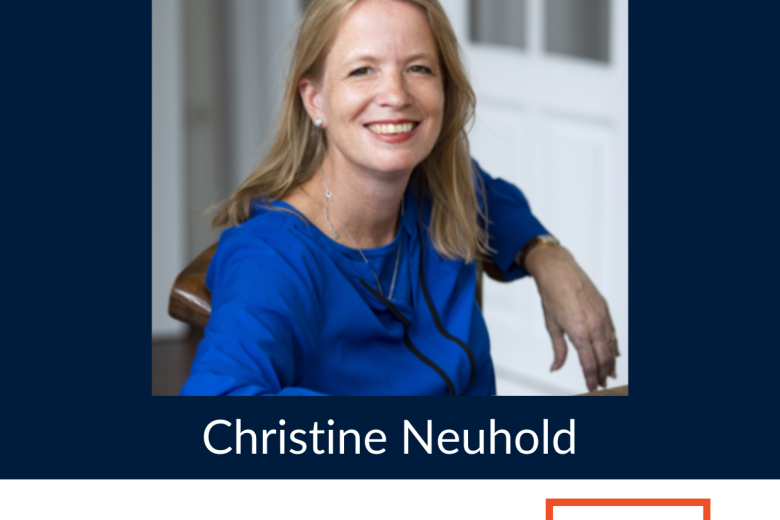RELAY Workshop: Giving EU democracy ‘a new push’ in times of crisis
The COVID-19 pandemic and the Ukraine war are but the latest among a series of crises that have confronted the EU almost relentlessly over the past two decades. Crises represent serious threats to the fundamental values of a political system. It is therefore unsurprising that in such circumstances policy performance is greatly prioritized to the detriment of the input of citizens, stakeholder consultation and parliamentary involvement.
Against this backdrop and in the context of the European Commission's political priority of 'A new push for European Democracy', the broad aim of this RELAY project workshop is to take stock of the state of affairs of EU democracy in times of crisis. Concretely, we will explore two ‘main channels’ of EU democracy:
- parliamentary democracy (with both national parliaments and the European Parliament being in the spotlight);
- and civil society/citizen involvement.
Both channels have been strengthened through EU Treaty reforms ever since the Maastricht Treaty was signed just over three decades ago. However, have recent crises affected this? What role do both “arenas” currently play in EU policy-making?
What about the role of the Conference on the Future of Europe? Is this a step forward, in bridging the (alleged) gap between EU and its citizens? How does this forum relate to other channels of ‘civil society involvement’ and participatory democracy?
This in-person interactive workshop will bring together academics, policy-makers and civil society. Do you want to join the discussion? Please register through the form on the right to secure your place!
Insights gathered during the discussions will be presented at the RELAY project closing conference in summer 2023.
Speakers
Daniel Freund
Daniel Freund has been a Member of the European Parliament for the Greens since 2019. His main concerns are transparency, democracy, the fight against corruption and the future of the EU. As a member of the Constitutional and Budgetary Control Committee, Daniel leads the Greens’ work on the Conference on the Future of the EU, where he is the negotiator on the independent ethics authority and chairs the cross-party working group against corruption.
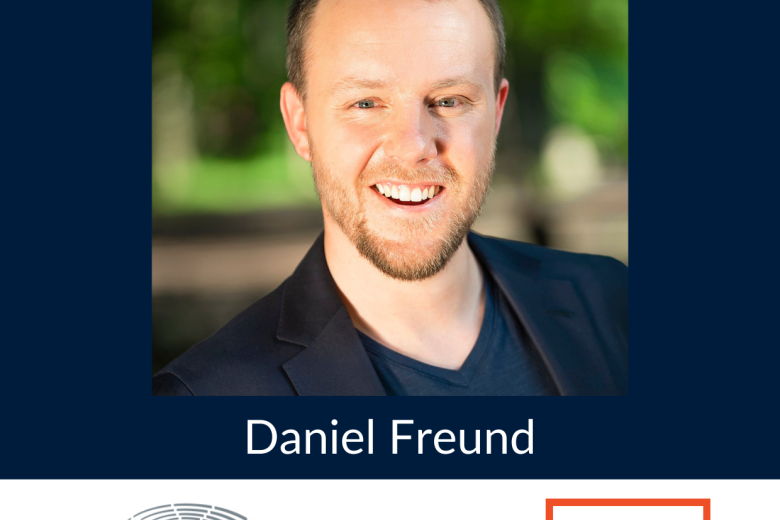
Nathalie Brack
Nathalie Brack is Associate Professor at the Department of Political Science of the Université Libre de Bruxelles and Visiting Professor at the College of Europe. Her teaching interests include EU institutions, EU decision-making process, Euroscepticism, sovereignty, Brexit, political representation and comparative politics. Nathalie Bracks' publications focus on Euroscepticism, EU politics and institutions as well as parliamentary studies.
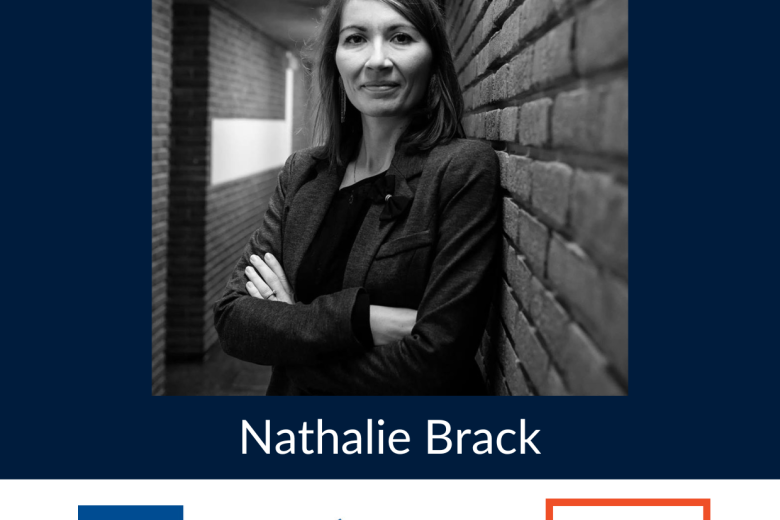
Ian Cooper
Ian Cooper is a Research Fellow at the Brexit Institute at DCU. He holds a Ph.D. in Political Science from Yale University. He has previously held academic positions in the UK, Norway, and Canada and most recently he was a Jean Monnet Fellow at European University Institute in Florence, Italy. His research addresses questions of democracy and constitutionalism in the European Union, with a particular focus on the role of parliaments.
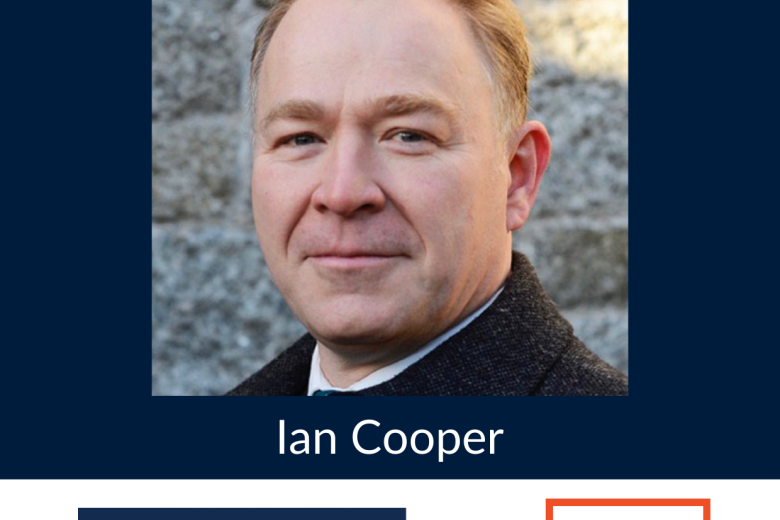
Gaëtane Ricard-Nihoul
Gaëtane Ricard-Nihoul is a Former Member of the Common Secretariat for the Conference on the Future of Europe, former Deputy Head of the European Commission Representation in France. Gaëtane Ricard-Nihoul holds a degree in political science from the University of Liège and an MPhil and a DPhil in European politics and society from Oxford University. Her research focused on policy formation in the European Union, and more particularly on education policy.
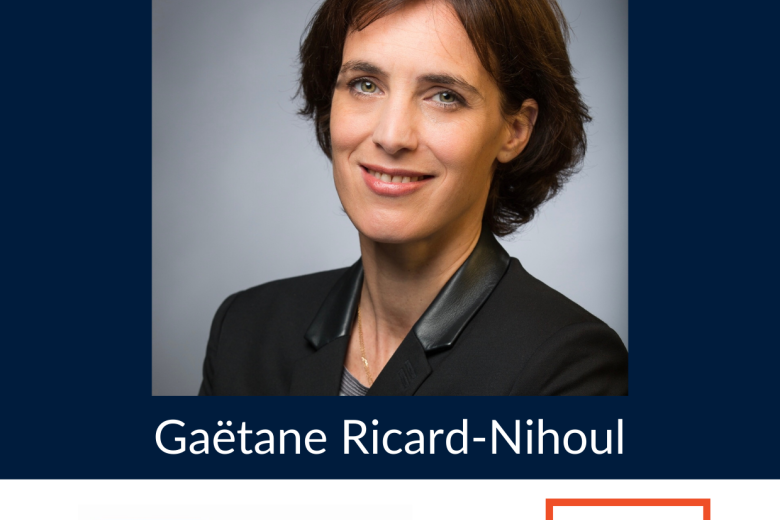
Corina Stratulat
Corina Stratulat is Senior Policy Analyst and the Head of the European Politics and Institutions Programme. Her work at the EPC focuses on EU institutional developments and enlargement towards the Balkans. She holds an MPhil in Contemporary European Studies from the University of Cambridge, UK and a PhD in Political and Social Sciences from the European University Institute, Italy.
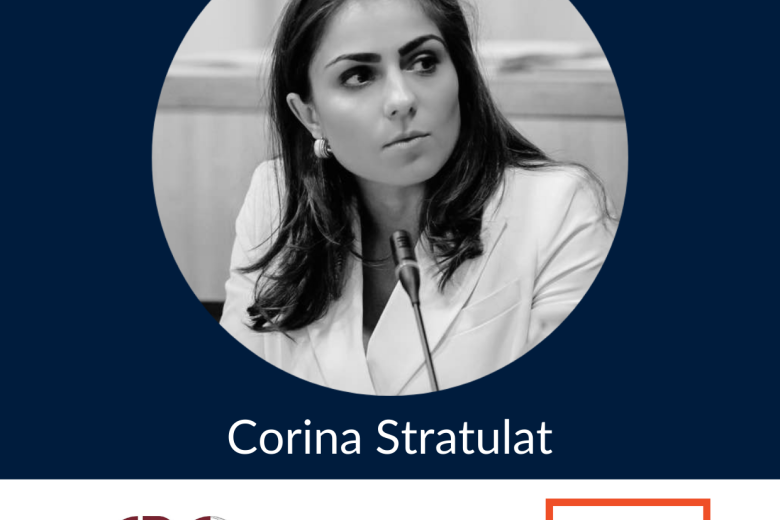
Markus Spoerer
Markus Spoerer is a Policy Adviser in the Cabinet of the European Ombudsman. Markus advises the Ombudsman on policy developments, external strategy and relations with the European Parliament.
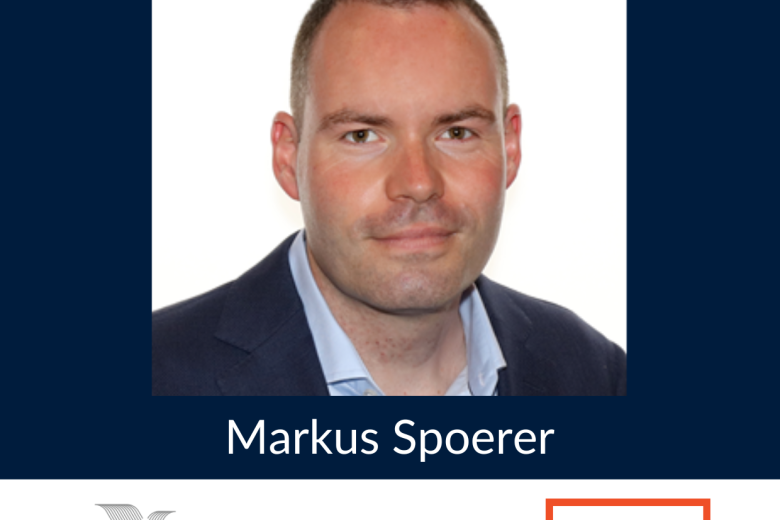
Alvaro Oleart
Alvaro Oleart is a postdoctoral researcher at Studio Europa Maastricht and the Department of Political Science of Maastricht University. Previously, he has worked as a postdoctoral researcher and lecturer at the department of Political Science and Public Administration of the Vrije Universiteit Amsterdam, and holds a PhD from the Université Libre de Bruxelles. Alvaro is the author of the book "Framing TTIP in the European Public Spheres: Towards an Empowering Dissensus for EU Integration", published by the Palgrave series in European Political Sociology, and his work has been published by several peer-reviewed journals, including the Journal of Common Market Studies or the Journal of European Integration.
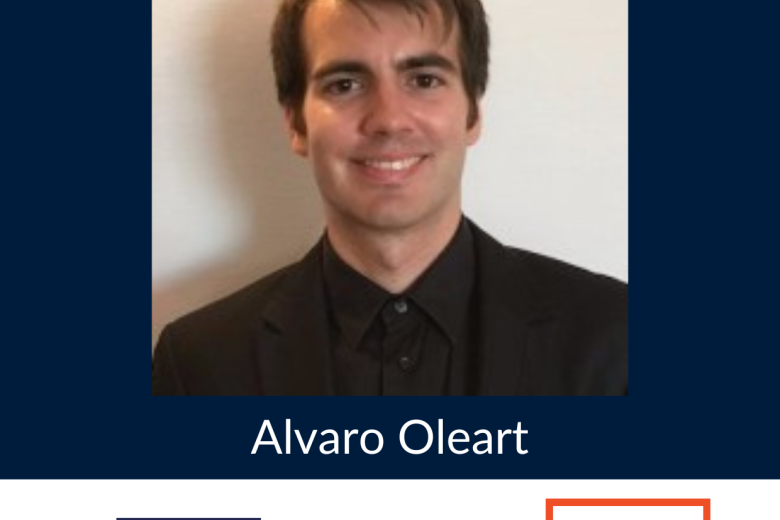
Flavia-Gabriela Sandu
Flavia-Gabriela Sandu is an Executive Board Member of JEF Europe. With a Bachelor of Arts in International Studies and an Master of Arts in European Public Policy, her areas of specialisation are environment, climate and social justice. With more than five years of leadership experience in volunteering and NGOs, Flavia is passionate about youth political engagement and citizen participation.
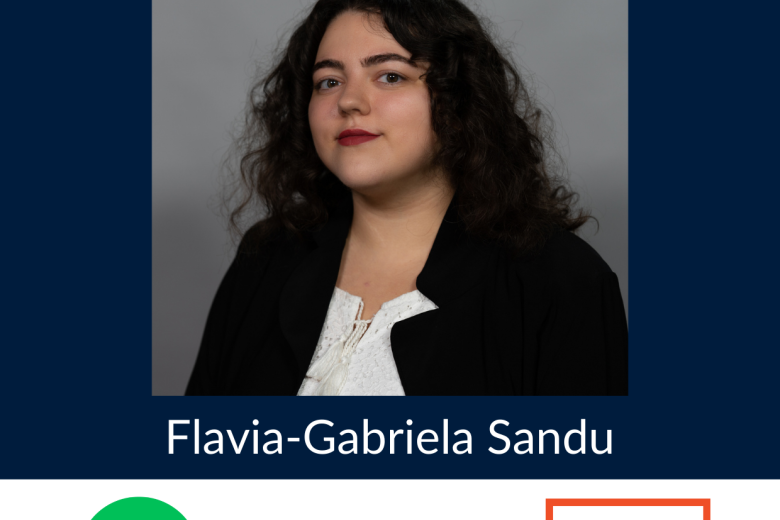
Click on the name of the speaker to view their profile.
Programme
| 09:30 - 10:00 |
Arrivals and walk-in coffee |
|
| 10:00 - 10:30 | Welcome and introduction to the workshop | Christine Neuhold, RELAY project co-coordinator and Dean of the Faculty of Arts and Social Sciences |
|
|
Panel 1: (How) do parliaments contribute to making the EU ‘more democratic’ in times of crisis? |
Kick-off statements by: Daniel Freund, Member of the European Parliament for the Greens/EFA; Member of the Executive Board of the Conference on the Future of Europe Nathalie Brack, Associate Professor at the Department of Political Science, Université Libre de Bruxelles Ian Cooper, Research Fellow, Brexit Institute at Dublin City University Discussant: Alvaro Oleart, Postdoctoral Researcher, Studio Europa Maastricht |
| 12:00 - 12:30 | Breakout groups and discussion |
Co-chairs: Flavia-Gabriela Sandu, Executive Board Member, JEF Europe Christine Neuhold, Dean Faculty of Arts and Social Sciences, Maastricht University |
| 12:30 - 13:30 | Lunch | |
| 13:30 - 15:00 | Panel 2: The Conference on the Future of Europe: what is at stake and relationship with other channels of ‘EU participatory democracy’ |
Kick-off statements by: Gaëtane Ricard-Nihoul, Former Member of the Common Secretariat for the Conference on the Future of Europe Corina Stratulat, Senior Policy Analyst and Head of the European Politics and Institutions Programme, European Policy Centre Flavia-Gabriela Sandu, Member of the Executive Board, Young European Federalists Discussant: Markus Spoerer, Cabinet of the European Ombudsman |
|
15:00 - 15:15 |
Coffee break | |
| 15:15 - 15:45 | Breakout groups and discussion |
Co-chairs: Antonio Argenziano, President, JEF Europe Christine Neuhold, Dean Faculty of Arts and Social Sciences, Maastricht University |
| 15:45 - 16:15 | Concluding remarks - EU democracy in times of crisis: where do we stand and where are we heading? |
Flavia-Gabriela Sandu, Member of the Executive Board, Young European Federalists Christine Neuhold, Dean Faculty of Arts and Social Sciences, Maastricht University |
About RELAY Project
RELAY is a project that aims at discussing the European Commission’s political guidelines and work programme with a wide and diverse array of stakeholders. It is coordinated by Maastricht University Campus Brussels and includes several academic and non-academic partners.
‘Within the Union, the European institutions must be brought closer to its citizens. Citizens undoubtedly support the Union's broad aims, but they do not always see a connection between those goals and the Union's everyday action’ (European Council).
Although this quote is almost 20 years old, it still rings very true today. In 2019, 60% of European Union (EU) citizens were of the opinion that they are not sure they would miss the EU if it were gone.
Against this backdrop, the RELAY project comes in. It aims to make the process of EU integration more tangible and to more closely involve citizens; both when it comes to the internal and external dimension of the EU.
The content of this webpage reflects only the author’s view. The European Commission and the Education, Audiovisual and Culture Executive Agency are not responsible for any use that may be made of the information it contains.
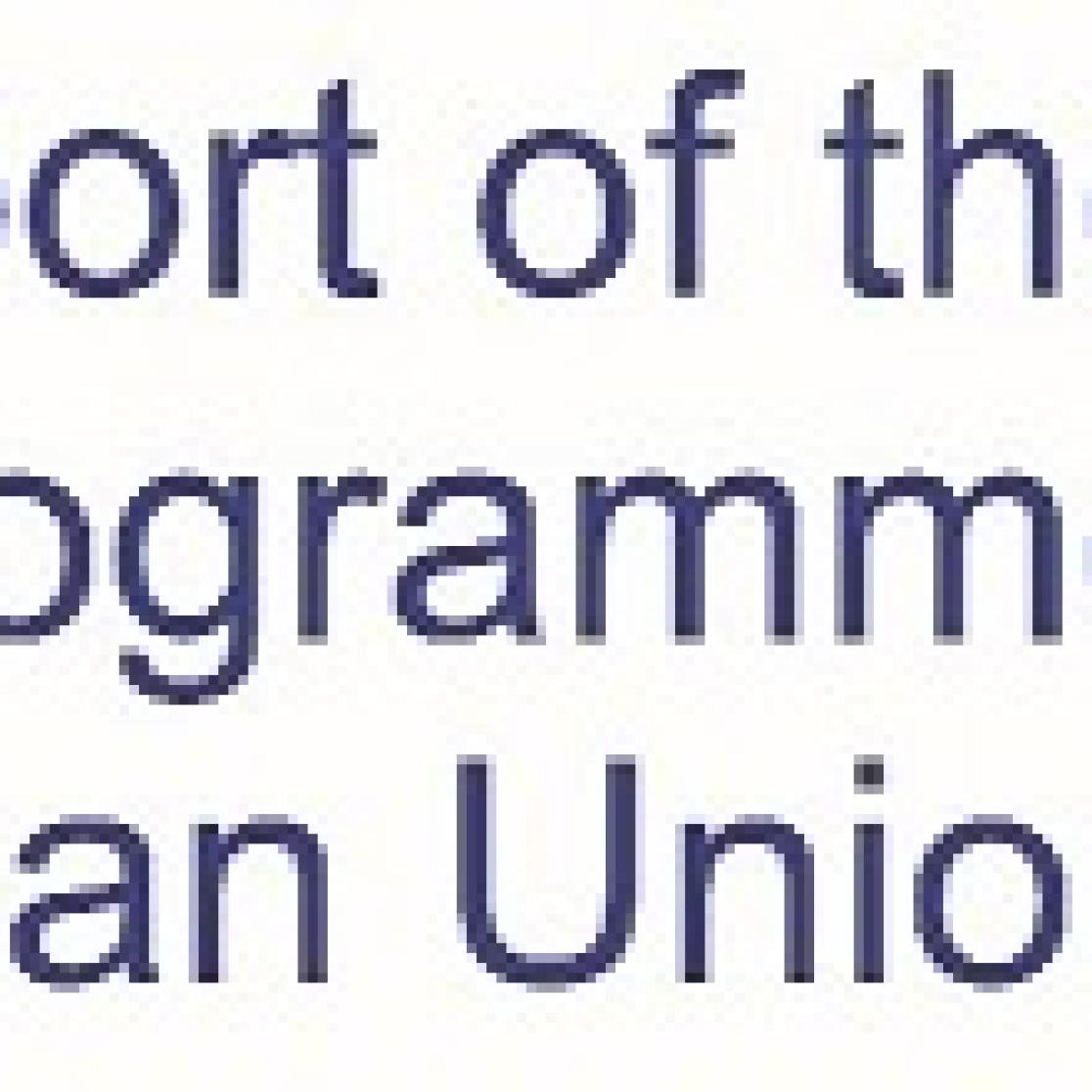
Disclaimer: The content of this website reflects only the author’s view. The European Commission and the Education, Audiovisual and Culture Executive Agency are not responsible for any use that may be made of the information it contains.
